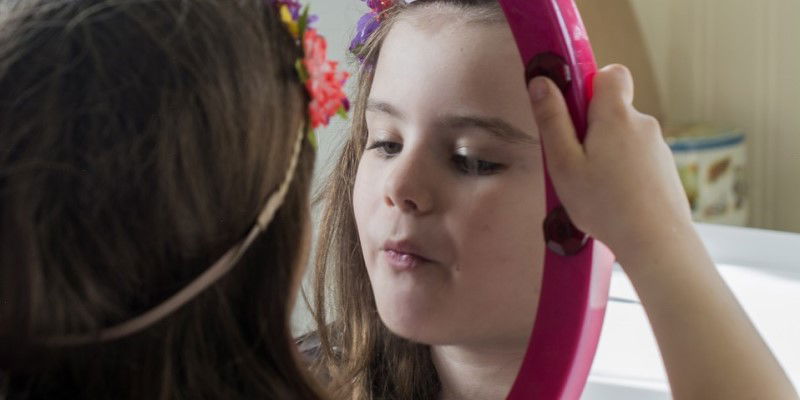Self-esteem is a vital aspect of a child’s emotional well-being and overall development. It refers to how a child feels about themselves and their worth as a person. Children with high self-esteem are more likely to be happy, confident, and successful in both their personal and academic lives.
However, building and maintaining a healthy self-esteem can be a challenge for many kids. They may face various struggles and obstacles that can affect their self-perception, such as peer pressure, school stress, or family issues. As parents, teachers, and counselors, it is important to support children in developing a positive self-esteem and providing them with the necessary tools and activities to boost their self-confidence.
Here are 30+ counseling tools and activities that can help kids improve their self-esteem:
1. Positive affirmations: Encourage children to create and repeat positive statements about themselves, such as “I am smart,” “I am kind,” or “I am capable.”
2. Journaling: Encourage children to write down their thoughts and feelings, helping them to process their emotions and reflect on their self-worth.
3. Role-playing: Engage children in role-playing scenarios that require them to act confidently and assertively.
4. Self-reflection: Encourage children to think about their strengths, weaknesses, and areas for improvement, helping them to build self-awareness and self-acceptance.
5. Goal-setting: Encourage children to set attainable goals for themselves, helping them to feel a sense of accomplishment and pride.
6. Building resilience: Teach children coping strategies and problem-solving skills to help them bounce back from setbacks and challenges.
7. Mindfulness: Teach children techniques to stay present and focus on the moment, helping them to manage stress and anxiety.
8. Gratitude practice: Encourage children to express gratitude for the things they have in their lives, helping them to cultivate a positive outlook.
9. Creative expression: Encourage children to express their thoughts and feelings through art, music, or other creative outlets.
10. Building social skills: Help children develop healthy relationships and communication skills, boosting their self-esteem in social settings.
11. Positive role models: Encourage children to look up to positive role models who inspire and uplift them.
12. Building self-compassion: Teach children to be kind to themselves and practice self-compassion when facing challenges or setbacks.
13. Physical activity: Encourage children to engage in regular physical activity, which can boost their mood and self-esteem.
14. Positive self-talk: Teach children to replace negative self-talk with positive and empowering language.
15. Building self-care routines: Teach children the importance of self-care and taking care of their physical and emotional well-being.
16. Building self-awareness: Help children recognize their emotions, triggers, and reactions, helping them to develop emotional intelligence.
17. Encouraging independence: Allow children to make decisions and take on responsibilities, helping them build confidence in their abilities.
18. Setting boundaries: Teach children to set boundaries and assert themselves in relationships, helping them build self-respect.
19. Encouraging self-reflection: Encourage children to reflect on their actions and behaviors, helping them to learn and grow from their experiences.
20. Encouraging self-compassion: Teach children to be kind to themselves and practice self-compassion when facing challenges or setbacks.
21. Building resilience: Help children develop coping strategies and problem-solving skills to navigate challenges and setbacks.
22. Building a growth mindset: Encourage children to embrace challenges and view failures as opportunities for growth and learning.
23. Encouraging self-expression: Provide children with opportunities to express themselves creatively through art, music, or writing.
24. Building friendships: Help children develop healthy relationships and social skills, boosting their self-esteem in social settings.
25. Encouraging self-care: Teach children the importance of taking care of their physical and emotional well-being through activities like exercise, healthy eating, and relaxation.
26. Celebrating achievements: Recognize and celebrate children’s accomplishments, no matter how small, to boost their confidence and self-esteem.
27. Building empathy: Teach children to empathize with others and show kindness and compassion, promoting a positive self-image.
28. Encouraging self-acceptance: Help children embrace their unique qualities and celebrate their individuality.
29. Building self-confidence: Provide children with opportunities to succeed and excel in areas that interest them, helping to build their confidence.
30. Seeking help when needed: Encourage children to reach out for support from parents, teachers, or counselors when facing struggles with self-esteem.
By implementing these counseling tools and activities, parents, teachers, and counselors can help children build and maintain a healthy self-esteem. It is important to cultivate a positive and supportive environment where children feel valued, respected, and encouraged to be themselves. With the right guidance and resources, children can develop a strong sense of self-worth and confidence that will benefit them throughout their lives.



